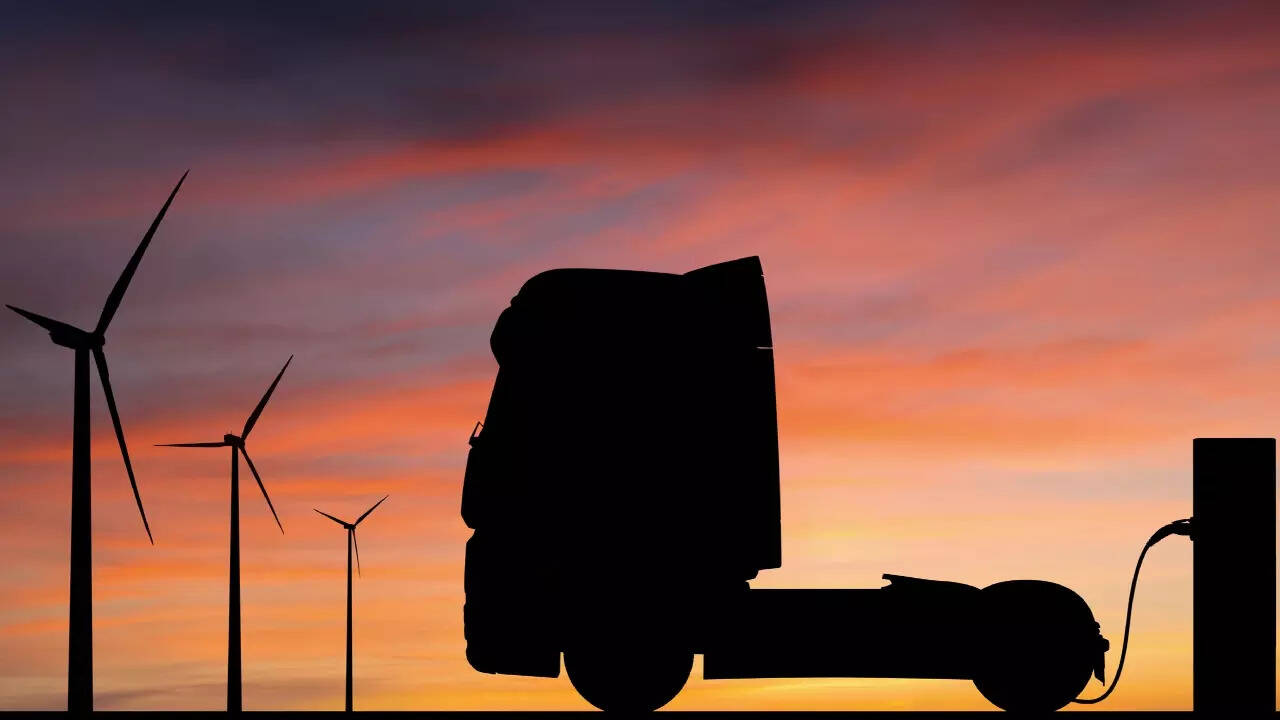
Private sector investment in clean energy, especially in countries like India, is pivotal for the course of energy transition, said Riccardo Puliti, regional vice president, Asia and the Pacific, at International Finance Corporation.
India continues to be the key destination for IFC, including in energy transition, and the World Bank Group member is looking to push up its investment in the country in the ongoing fiscal, which runs from July through June. In FY23 (July-June), IFC committed $3 billion across 30 projects, more than doubling its lending year-on-year. “This year we will do substantively more than that [FY23]. India is a country willing to move the needle on the energy mix,” he said.
Financing that brings in private sector investment is vital to scaling India’s climate solutions, he said. “The rule of the game is really to mobilise the private sector,” he added. India is IFC’s largest investment destination with 10.4% of its global portfolio. It will help expand and diversify capital sources for critical power infrastructure, as done through its investment in IndiGrid, he said. IFC is also looking at sustainability-linked finance, enabling issuers to build a strong pipeline of green projects, Puliti said. IFC’s focus is to leverage private capital to up support for sustainable infrastructure, industrial decarbonization, and green finance.
India wants to move the needle on its energy mix in a significant way, and IFC is a committed partner in this effort, he said. IFC will continue to prioritise gender-focused MSME financing, mainly in sectors such as housing, secured and unsecured lending, and financing platforms, he said. The lender will also scale up investments and technical assistance through capital markets, loans, and trade products. It will also seek out innovative asset classes in key sectors including electric vehicles, green housing and green buildings, renewable energy and energy efficiency.

